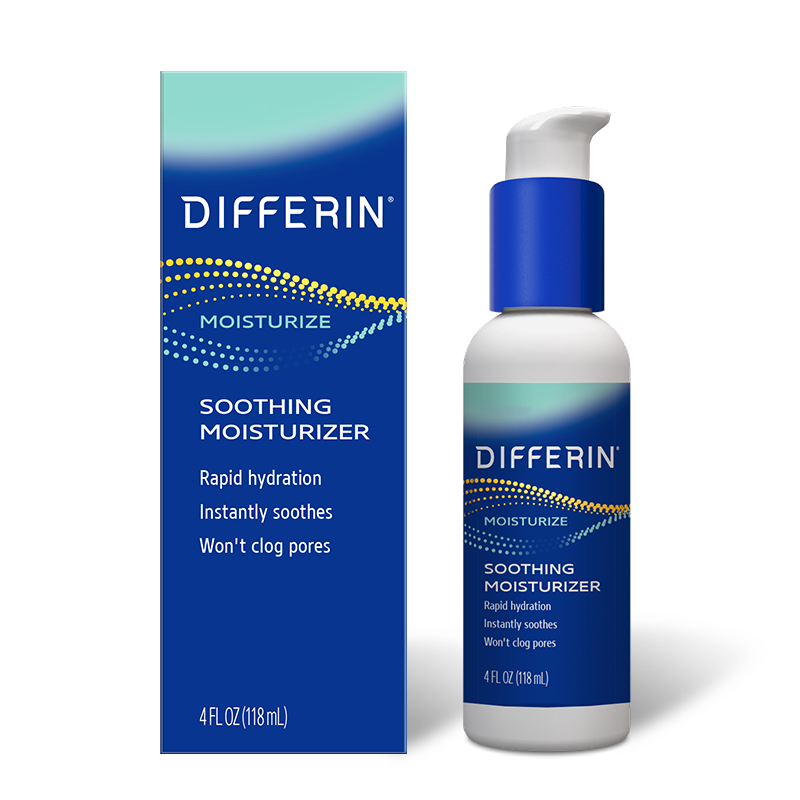AIM Uncovered
Exploring the latest insights and trends in technology and innovation.
Moisturizer Matchmaker: Find Your Perfect Hydration Partner
Unlock the secret to radiant skin! Discover your ideal moisturizer and transform your hydration game with our expert guide.
Understanding Different Skin Types: How to Choose the Right Moisturizer
Understanding your skin type is crucial for selecting the right moisturizer. There are generally four main skin types: normal, dry, oily, and combination. Each skin type has unique characteristics and requires different ingredients for optimal hydration. For example, people with dry skin may benefit from moisturizers containing hyaluronic acid or glycerin, while those with oily skin might prefer lightweight, oil-free formulas that won’t clog pores.
Additionally, it's important to consider environmental factors and individual needs when choosing a moisturizer. For instance, individuals living in humid climates may require a different type of moisturizer than those in dry areas. To find the perfect match for your skin, perform a patch test before fully incorporating a new product into your routine and consult with a dermatologist if you have persistent skin issues. Remember, the right moisturizer can transform your skin, helping it maintain its natural balance while preventing issues like irritation or excess oiliness.

The Ultimate Guide to Moisturizer Ingredients: What Works for Your Skin
When it comes to choosing the right moisturizer, understanding the ingredients is crucial for optimal skin health. Moisturizers generally contain a combination of humectants, emollients, and occlusives. Humectants, such as glycerin and hyaluronic acid, attract water to the skin, providing hydration. Emollients, like shea butter and jojoba oil, help to soften and smooth the skin's texture. Finally, occlusives such as petrolatum and dimethicone create a barrier to prevent moisture loss. Knowing the functions of these categories can help you select a moisturizer that suits your skin type and concerns.
In addition to the basic components, it is essential to pay attention to other beneficial ingredients that can enhance your skincare routine. For example, niacinamide, found in many modern moisturizers, is known for its anti-inflammatory properties and ability to improve skin elasticity. Similarly, ceramides are included to restore the skin barrier and retain moisture. When selecting a product, look for formulations that also include antioxidants like vitamin E or green tea extract, which help to protect against environmental damage. Remember, understanding these moisturizer ingredients not only empowers you to make informed choices but also enhances the overall health and appearance of your skin.
How to Build a Hydration Routine: Tips for Finding Your Moisturizer Match
Establishing an effective hydration routine is essential for maintaining healthy, glowing skin. To begin, assess your skin type—whether it's dry, oily, or combination—as this will significantly influence your choice of moisturizer. For example, if you have dry skin, look for products that contain thicker creams with ingredients like hyaluronic acid and glycerin, which help retain moisture. Conversely, those with oily skin may benefit from lightweight, oil-free gels that hydrate without clogging pores. You can also consider the climate you live in; humid environments may require less heavy products compared to arid places that necessitate richer formulations to combat increased evaporation.
Once you've identified your skin type and environmental factors, it's time to find your moisturizer match. Start by reading product labels, focusing on ingredients that suit your needs. For example, if your skin craves extra nourishment, look for ceramides, which help to restore the skin barrier. Test a few different moisturizers to see how your skin reacts over a week or two, as consistency is key in a hydration routine. Lastly, don't forget to apply your moisturizer while your skin is still damp to lock in extra hydration, and always remember to reapply throughout the day, especially after washing your face or sweating.